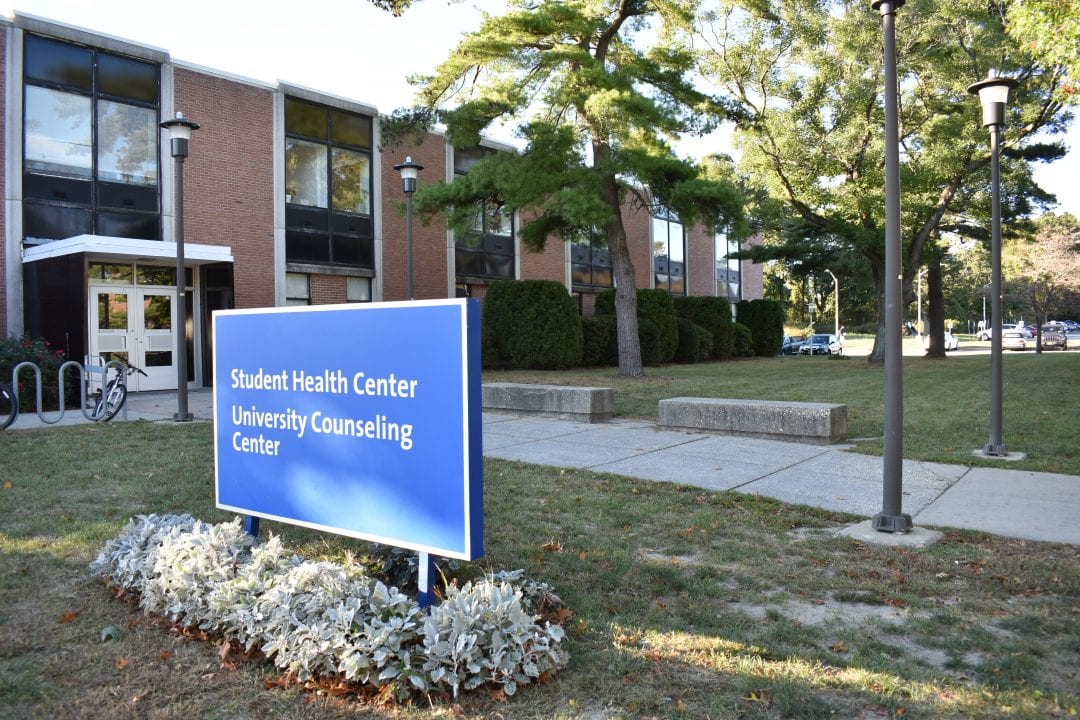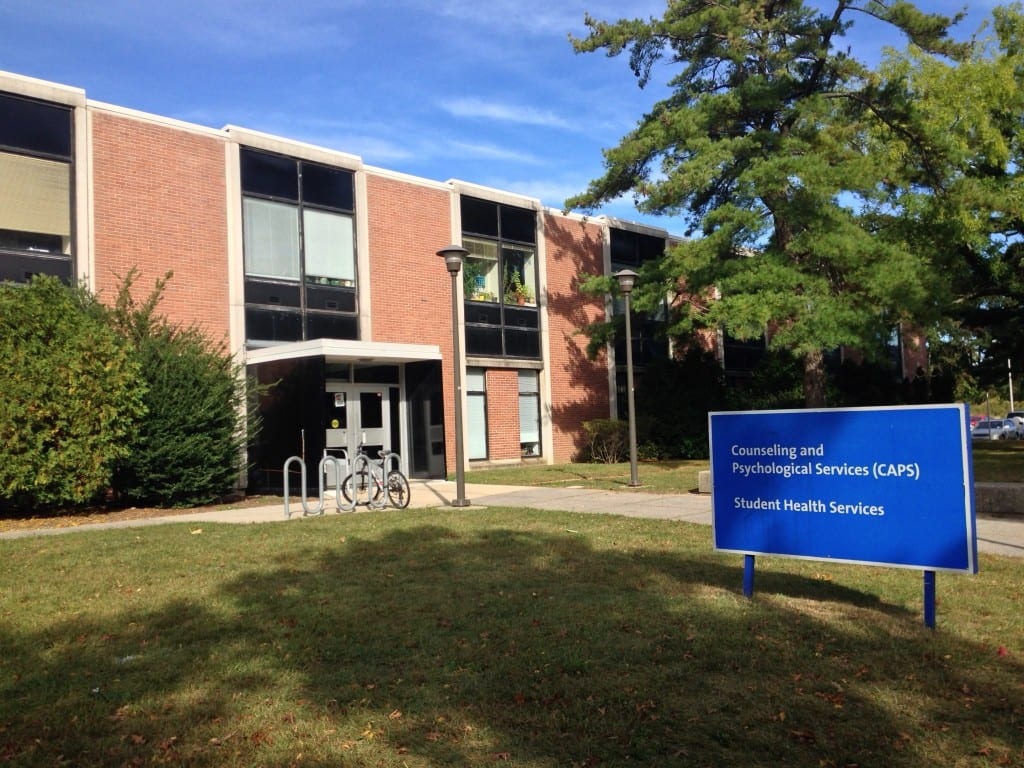

As COVID-19 negatively impacts mental health, CAPS offers students telehealth counseling
Maya Brown and James Bowen
• October 4, 2020
Read Story

Coronavirus hits the mental health of Stony Brook University students
Simran Multani
• May 5, 2020
Read Story

SBU researcher wins $2 million to research treatment for teenage depression
Maya Brown
• December 1, 2019
Read Story

PMHA works on new program to bridge the gap for students struggling with mental illness
Maya Brown
• October 2, 2018
Read Story

Peer Mental Health Alliance founder pushes to improve CAPS
Brianne Ledda
• December 10, 2017
Read Story





USG holds candlelight vigil for victims of terror attacks
Andrew Goldstein
• November 18, 2015
Read Story

Beware of dog: untrained college comfort animals are a risk
Michael Kohut
• October 14, 2015
Read Story
Load More Stories

April 24, 2024

April 23, 2024

April 23, 2024
Newsletter




